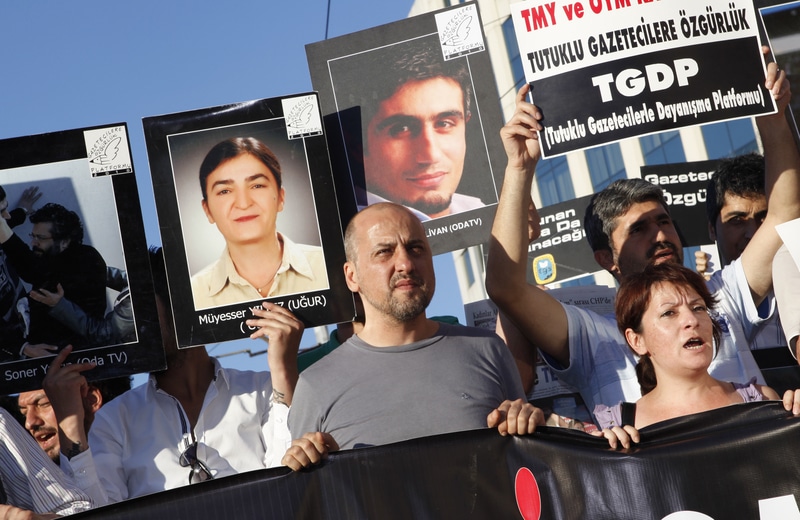
Turkish journalist laureate of UNESCO Guillermo Cano World Press Freedom Prize 2014
Turkish journalist Ahmet Şik is an ardent defender of freedom of expression, and has devoted his career to denouncing corruption and human rights abuses.
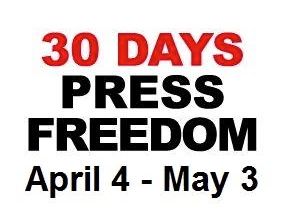
30 Days of Press Freedom campaign aimed at raising awareness of issues in Asia Pacific
The IFJ Asia Pacific is partnering with the The Walkley Foundation and the MEAA for the second annual 30 Days of Press Freedom campaign. On each of the 30 days leading up to 3 May, World Press Freedom Day, the groups will be sharing, highlighting and showcasing stories to raise awareness of press freedom issues in the Asia Pacific region.
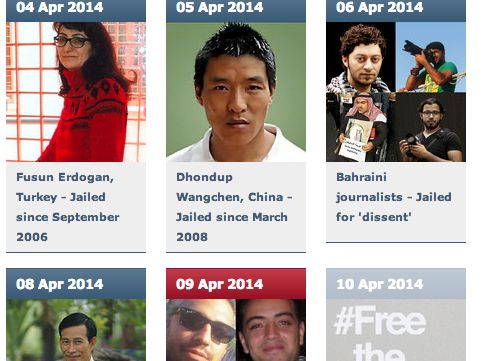
Campaign highlights plight of jailed journalists in lead up to World Press Freedom Day
The 30 Days for Freedom campaign highlights the plight of jailed journalists worldwide by focusing on 30 individuals currently imprisoned because of their work.
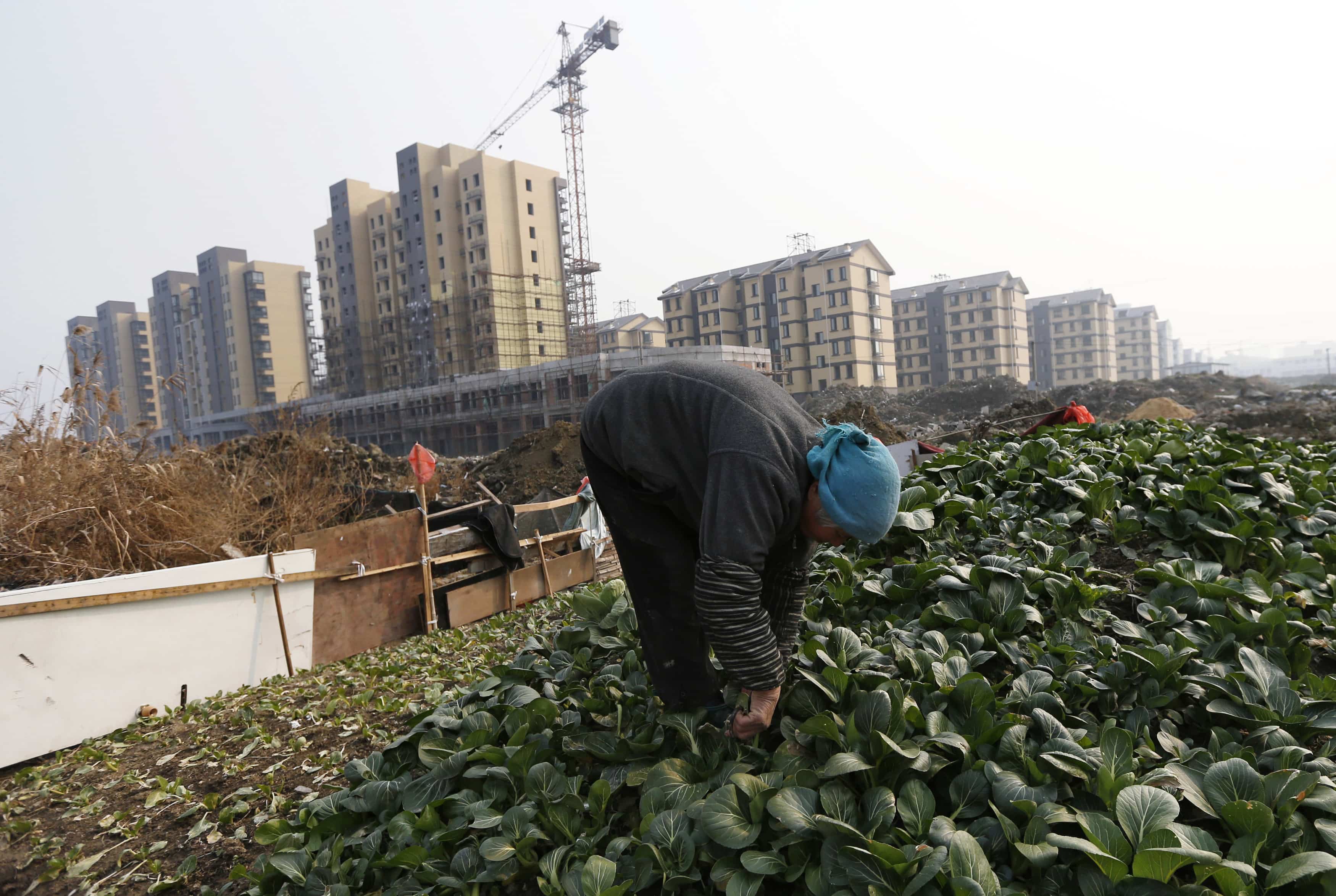
Transparency, independent media are vital for global development plan
195 civil society organisations from around the world have called on the UN to put government accountability and independent media at the centre of a new framework for global development.

Journalists detained on World Press Freedom Day in Sierra Leone
Two journalists were detained on World Press Freedom Day, and are being charged with criminal defamation for publishing supposedly pornographic photographs of a lawyer.

Police in Philippines arrest broadcaster before filing libel complaint
Libel is a criminal offense in the Philippines. But only when a complaint has been filed in court and a warrant of arrest issued by a judge may the alleged offender be arrested.

Indonesia urged to reopen investigation into 1996 murder of journalist
In a joint letter, the Government of Indonesia is urged to reopen investigations into the 1996 murder of investigative journalist Udin and to identify and prosecute his killers before the statute of limitations on his murder runs out in August 2014.
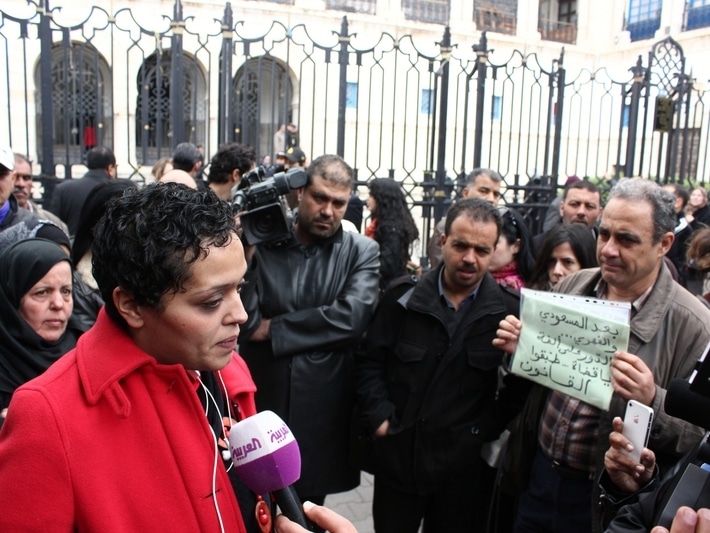
The Right to Blog: why we need to protect bloggers as well as traditional media
On World Press Freedom Day, ARTICLE 19 unveiled a new policy paper that calls for lawmakers to better promote and protect the rights of bloggers domestically and internationally.

Six journalists killed in Pakistan in 2013, says PPF report
At least six journalists have been killed in the line of duty in Pakistan during the first four months of 2013, according to a report by the Pakistan Press Foundation.
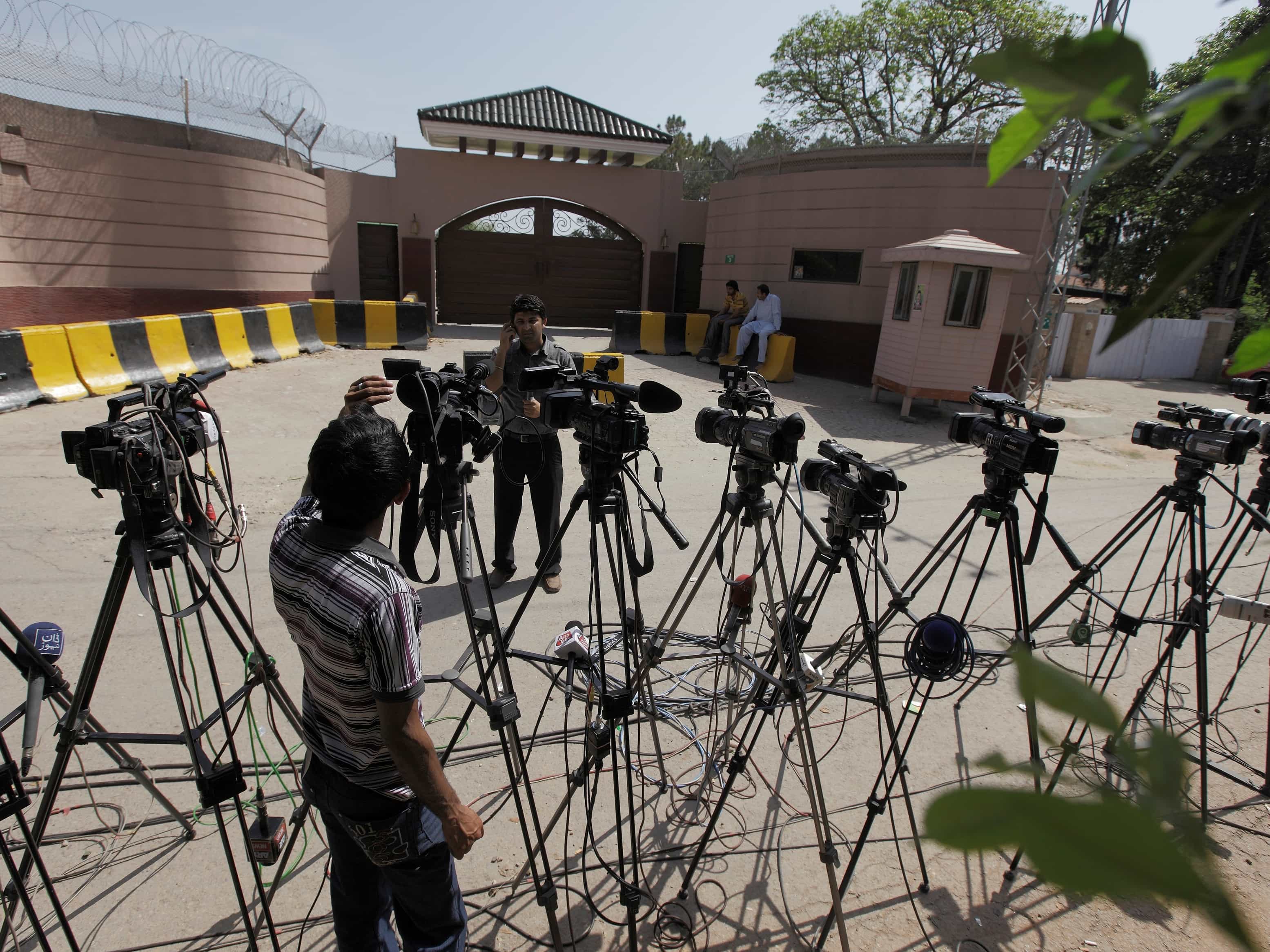
Building Resistance, Organising for Change: press freedom report on South Asia
On World Press Freedom Day, the International Federation of Journalists launched a report on South Asia, the eleventh in an annual series that reviews all developments that have a bearing on media freedom and quality journalism in the region.
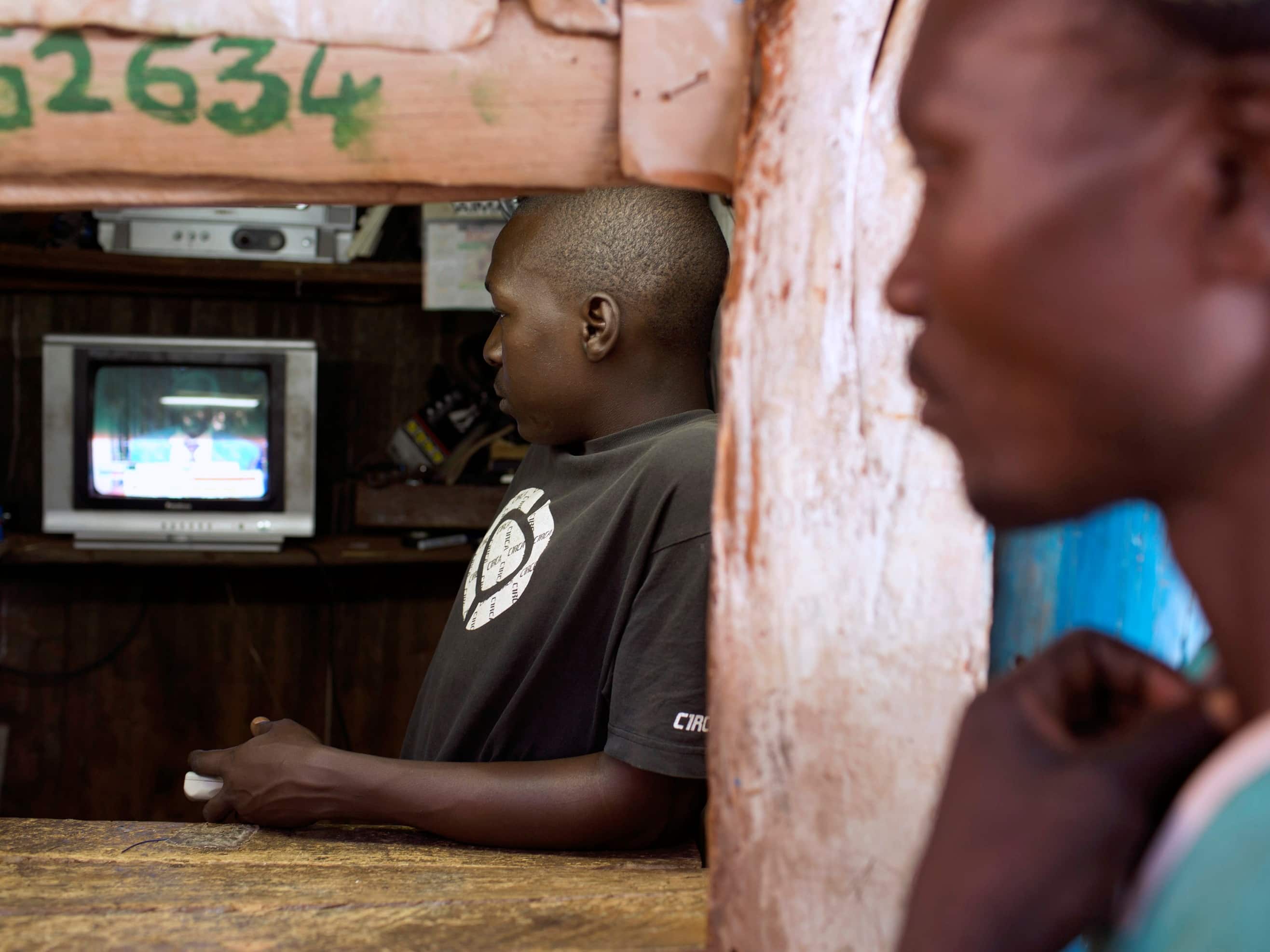
Call for better protection of free expression during digital switchover
A joint declaration by the four special rapporteurs makes a series of recommendations to states addressing the digital transition process.

Journalists’ safety key focus for World Press Freedom Day conference
Driven by the deaths of 600 journalists over the past decade, this year’s World Press Freedom Day conference is devoted to the theme of promoting safety and ending impunity for journalists, bloggers and everyday citizens who cross red lines to speak their minds.

Sudan: Stepped-up assault on media freedom
Sudan should immediately stop censoring newspapers and end all forms of repression of media and journalists, Human Rights Watch said on World Press Freedom Day.

Press freedom at receiving end of political instability, says Nepali report
Freedom Forum recorded an upsurge in press freedom violations in Nepal in the past year, affecting nearly 300 journalists, says the group in a report issued on World Press Freedom Day.
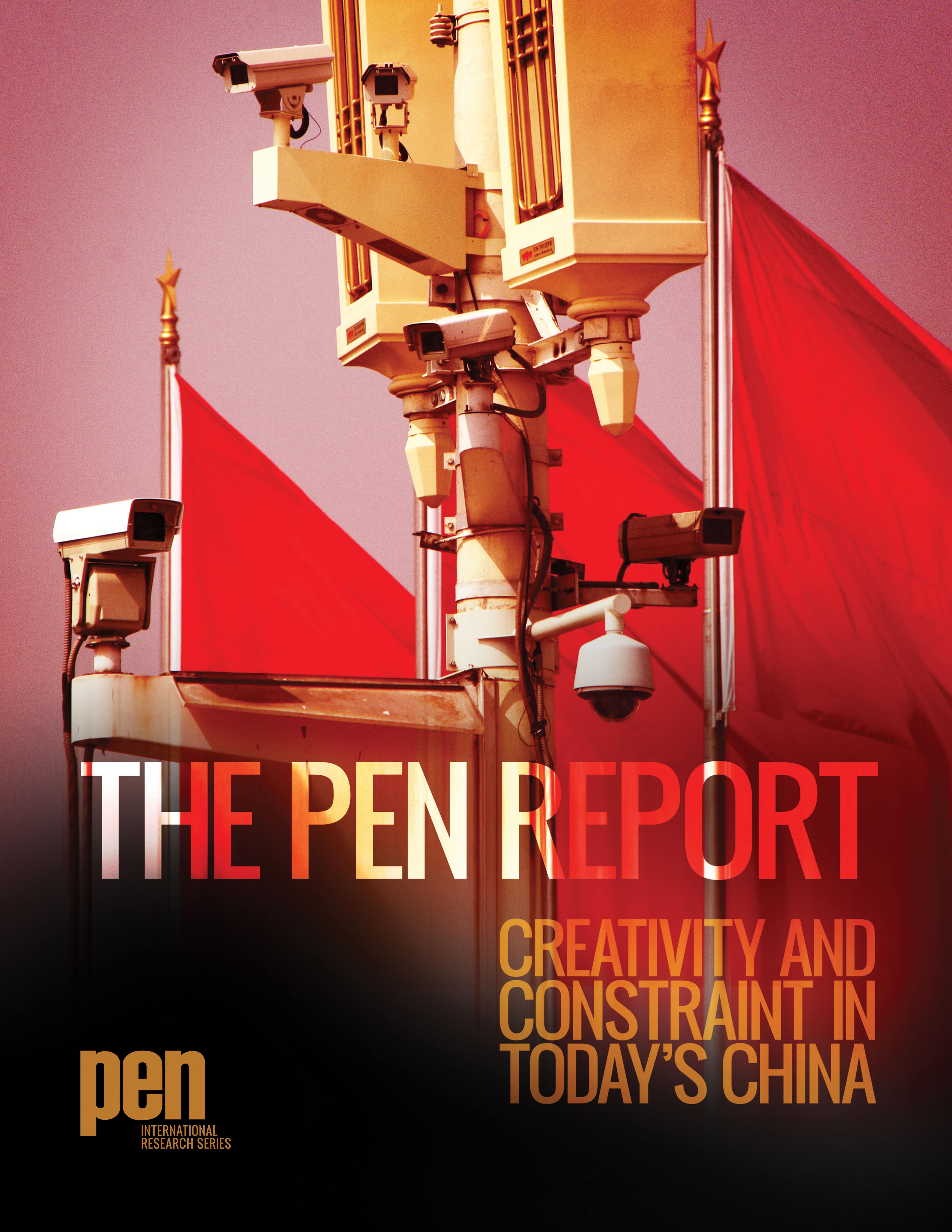
Report on creativity and constraint in China
A report on creative freedom in China was released in tandem with an Open Letter to authorities signed by more than 100 global literary and cultural figures.
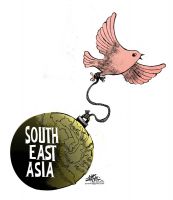
Working within bounds: Southeast Asia’s press freedom challenges in 2013
As a whole, Southeast Asia has moved backward on media freedom in 2012 with more restrictive laws being enacted by governments, while in many countries journalists and civil society continue to be threatened by violence.